Table of Contents
In an era where environmental consciousness is not just a virtue but a necessity, finding ways to save energy within our homes is more important than ever. Not only does it contribute to the global effort against climate change, but it also significantly reduces household expenses. Here are nine practical steps you can take to make your home more energy-efficient and environmentally friendly.
1. Insulate Your Home
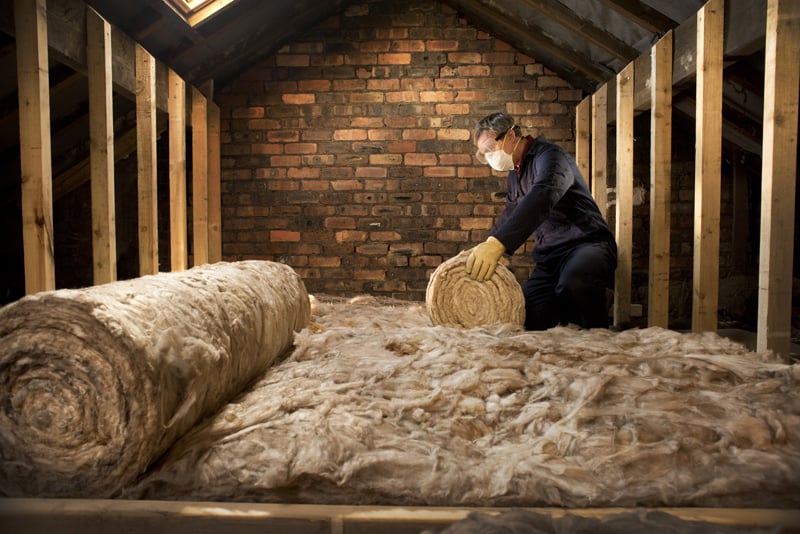
Proper insulation is key to maintaining temperature control in your home. It reduces the need for heating in the winter and cooling in the summer, thereby saving a significant amount of energy. Pay special attention to your loft, walls, and floors. Investing in good insulation pays off by reducing your energy bills in the long run.
2. Upgrade to Energy-Efficient Appliances
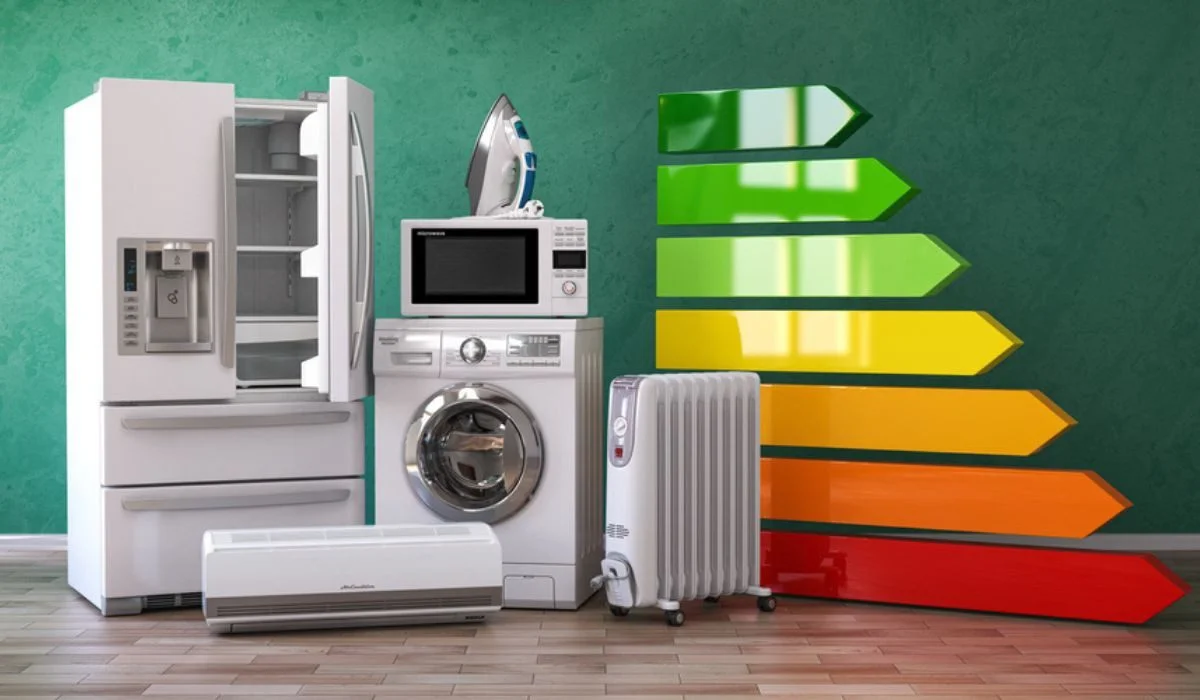
When it’s time to replace old appliances, opt for those with high energy efficiency ratings. Energy-efficient appliances use less electricity to perform their tasks, which not only lowers your bills but also minimizes your carbon footprint. Look for the Energy Star label, which is a trusted symbol for energy efficiency.
3. Use Smart Thermostats
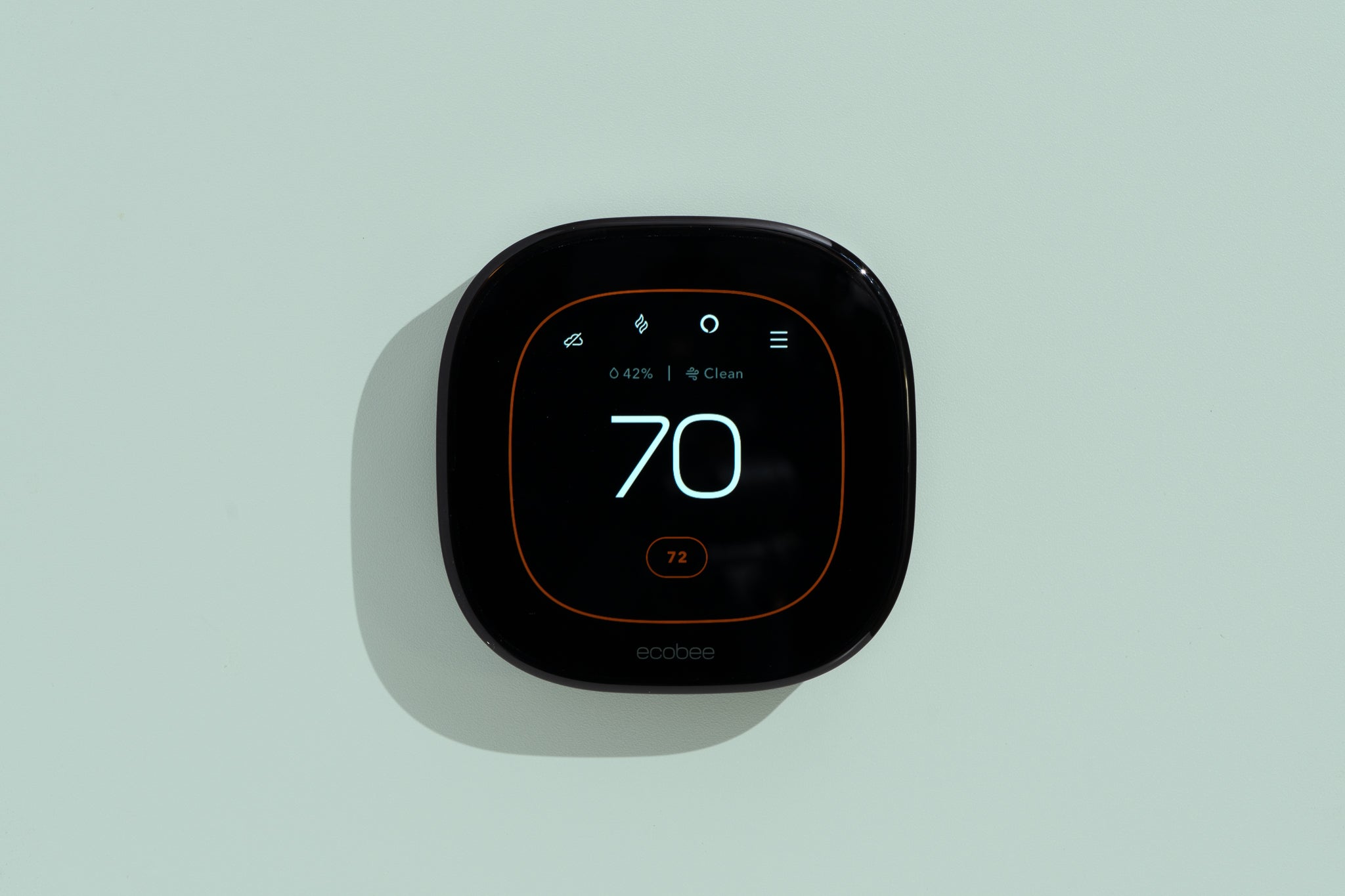
Smart thermostats allow you to control your heating and cooling systems more efficiently. They learn your schedule and preferences, adjusting your home’s temperature accordingly and ensuring energy isn’t wasted on empty rooms. Additionally, many models allow remote control via smartphones, adding convenience to savings.
4. Seal Windows and Doors
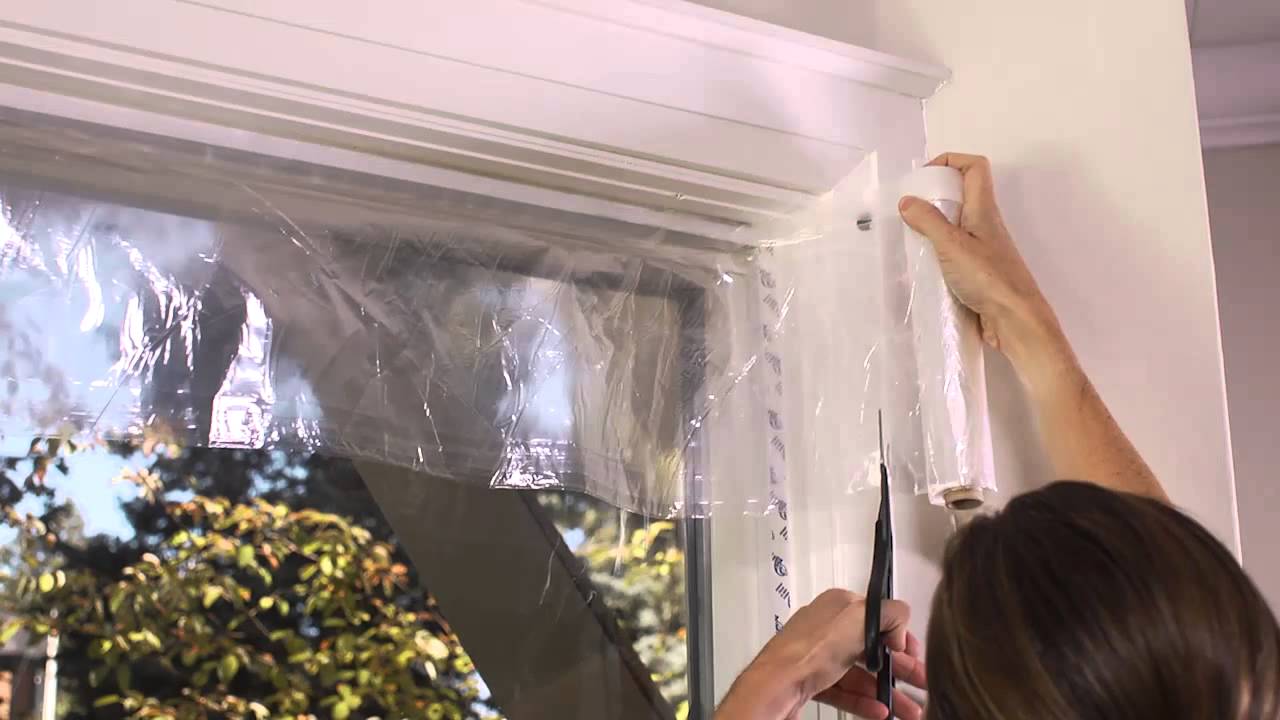
A significant amount of energy is lost through draughts around windows and doors. Sealing these leaks with draught-proofing strips can make a noticeable difference to your energy consumption. Furthermore, consider upgrading to double glazed back doors and windows. Double glazing significantly reduces heat loss, keeping your home warmer in the winter and cooler in the summer without over-relying on heating and cooling systems.
5. Switch to LED Lighting
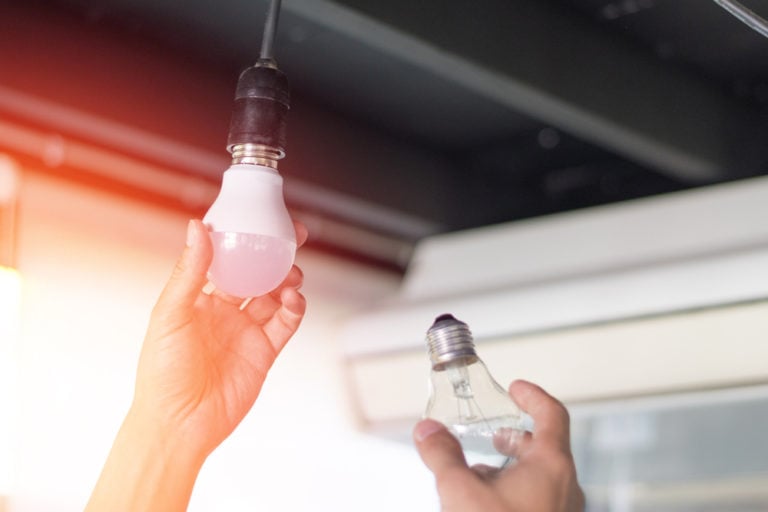
LED bulbs are vastly more energy-efficient than traditional incandescent bulbs, using up to 90% less power. They also have a longer lifespan, meaning you’ll save money on both energy bills and replacement bulbs. Replacing all your home’s lighting with LED bulbs is a simple yet effective step towards energy conservation.
6. Install Solar Panels
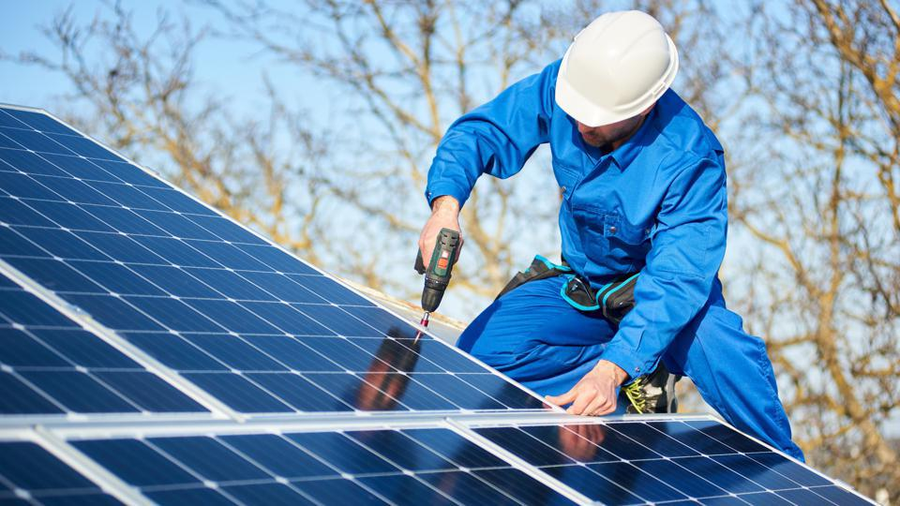
Solar panels are a great investment for generating your own clean, renewable energy. While the initial setup costs can be high, the long-term savings on electricity bills and the potential to sell excess energy back to the grid make solar panels an increasingly popular choice for homeowners.
7. Reduce Water Heating Expenses
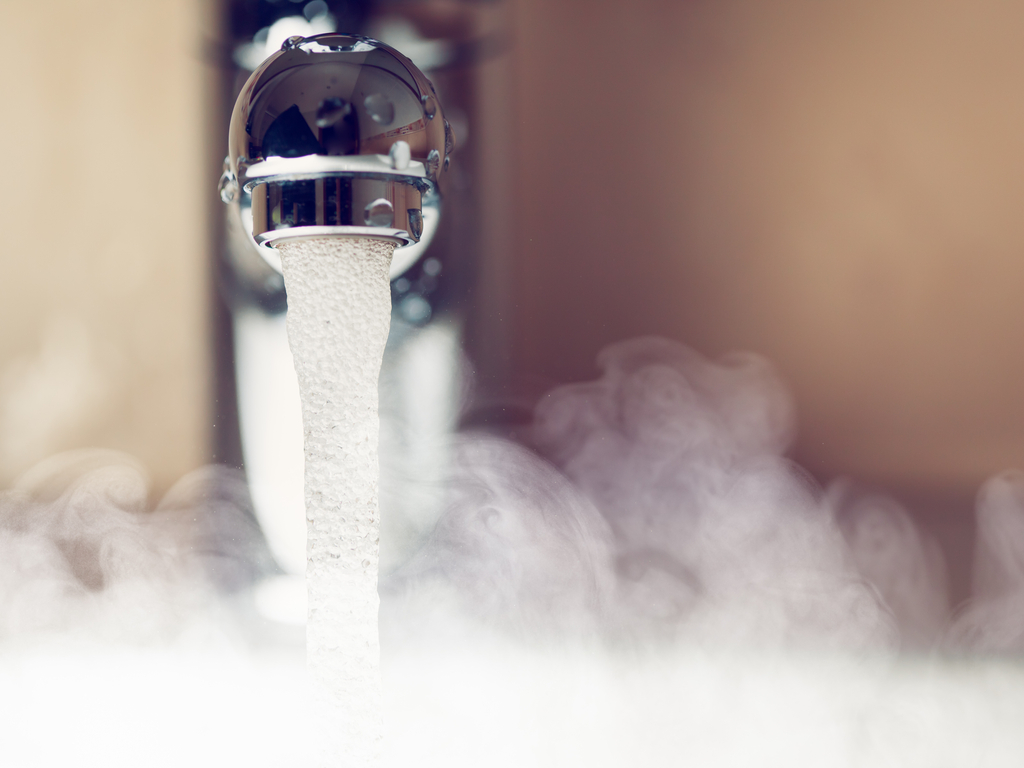
Water heating is a major energy expense in many homes. Lowering the temperature of your water heater, installing low-flow showerheads, and using less hot water for daily chores can significantly reduce this cost. Additionally, consider investing in a more efficient water heater if yours is old and less effective.
8. Hang Dry Your Laundry
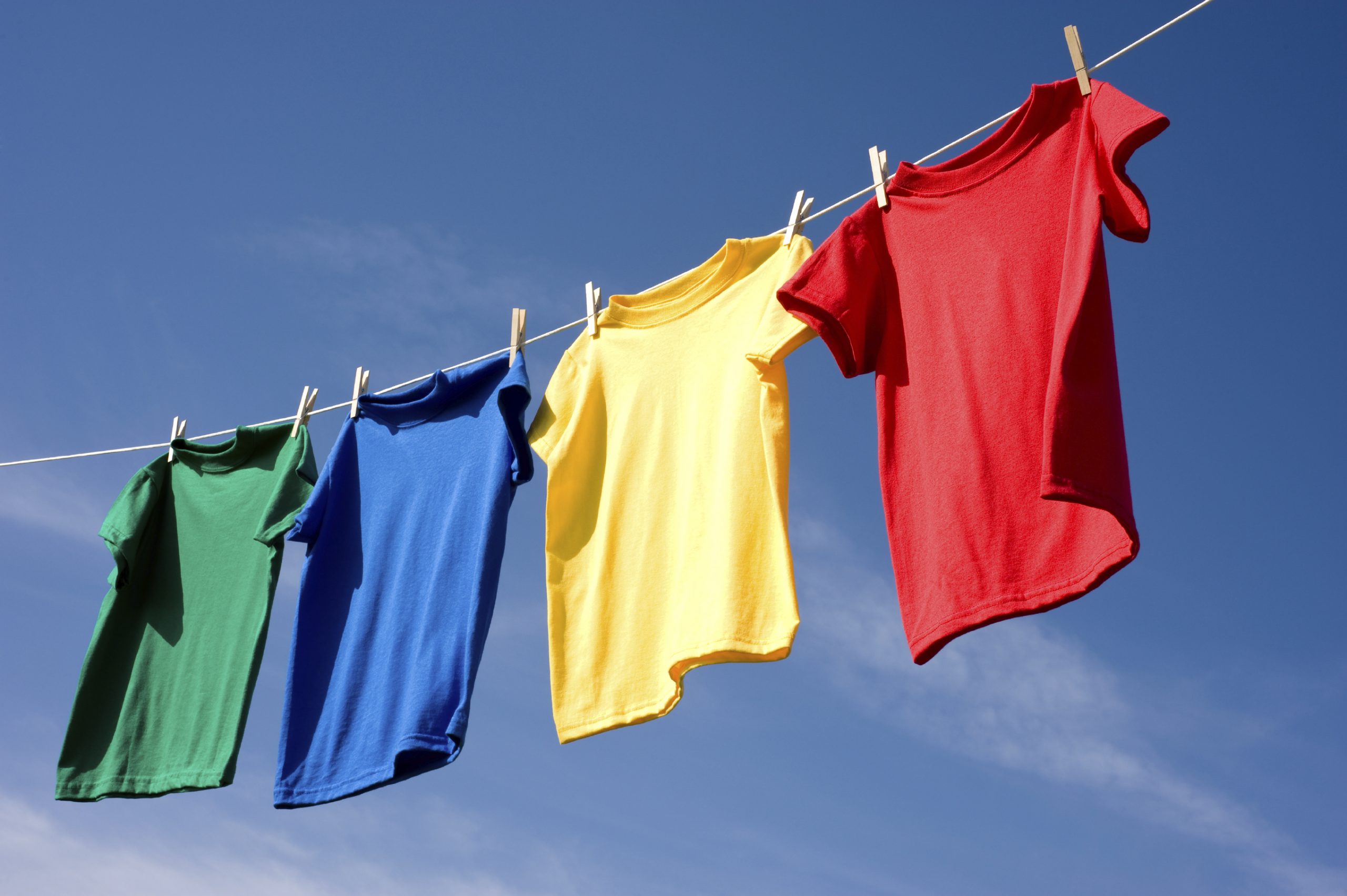
Drying clothes outside on a line or inside on a rack instead of using a tumble dryer can lead to substantial energy savings. Dryers are among the most energy-intensive appliances in the home. Whenever weather and space permit, opt for air-drying your clothes.
9. Unplug Electronics

Many appliances and electronic devices continue to consume power even when they’re turned off, a phenomenon known as ‘phantom load.’ Unplugging devices when not in use, or using a smart power strip that can cut power when devices are in standby mode, can help reduce this wasteful consumption.
The Final Spark
Adopting these nine strategies will not only lead to significant energy and cost savings but will also contribute to a healthier planet. While some measures require upfront investment, the long-term benefits, both environmental and financial, are undeniable. Let’s embrace these changes, not as sacrifices, but as steps towards a sustainable and prosperous future.





